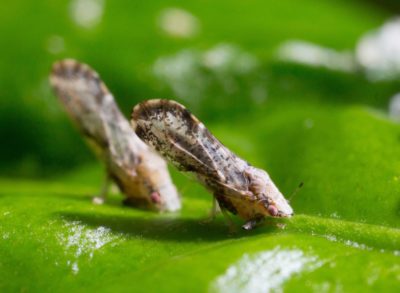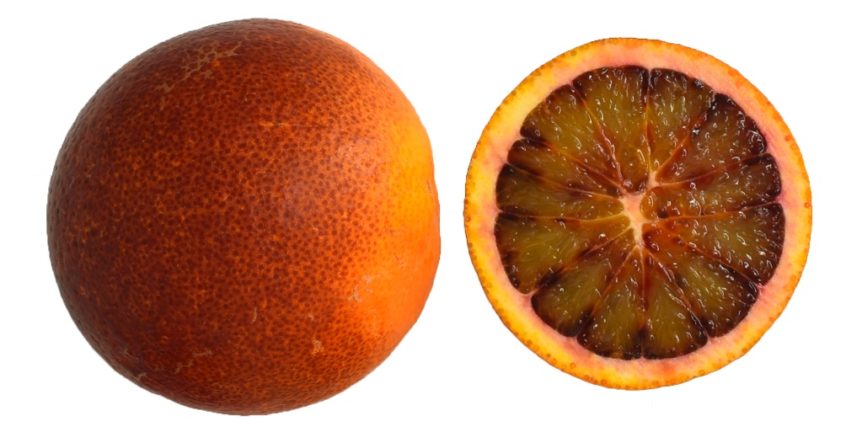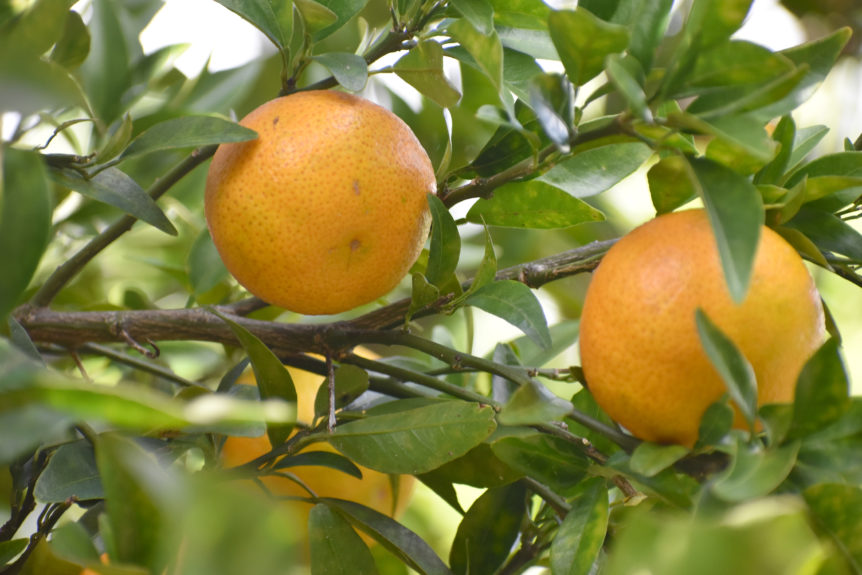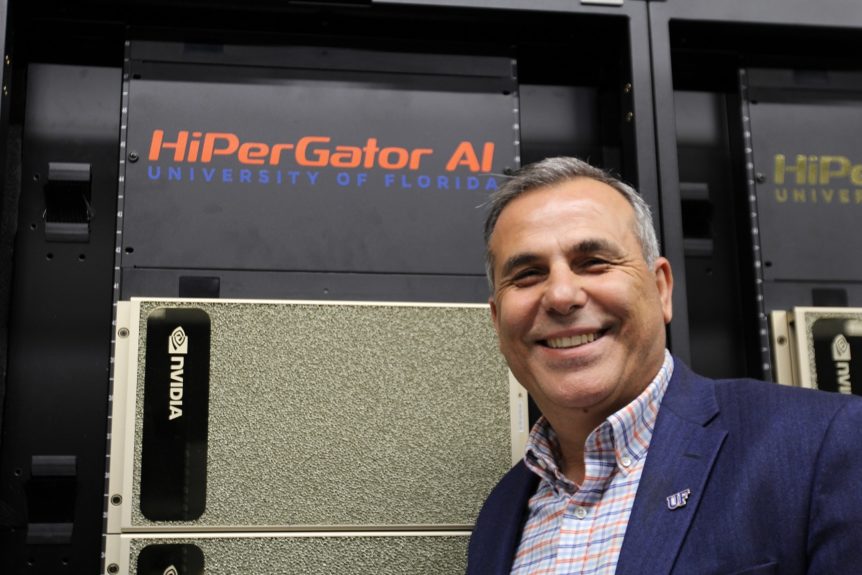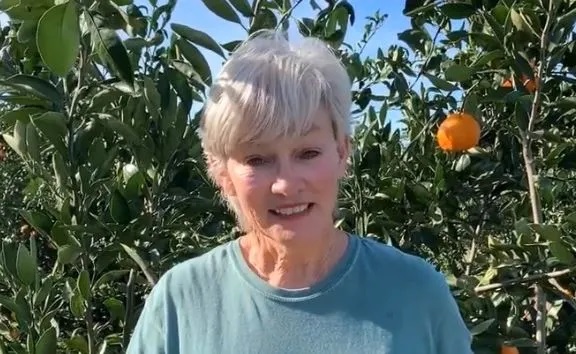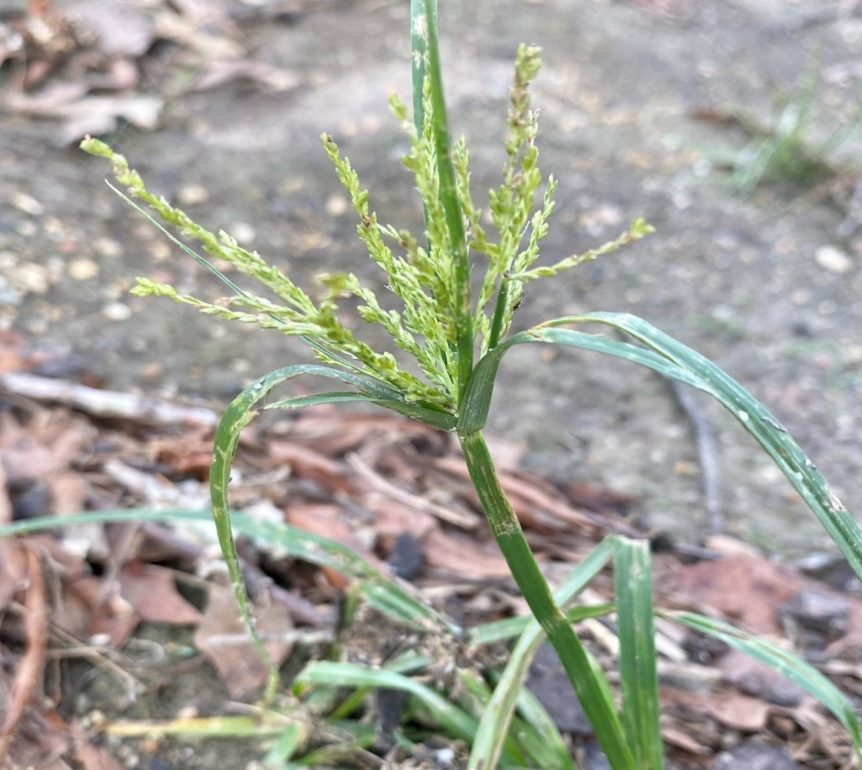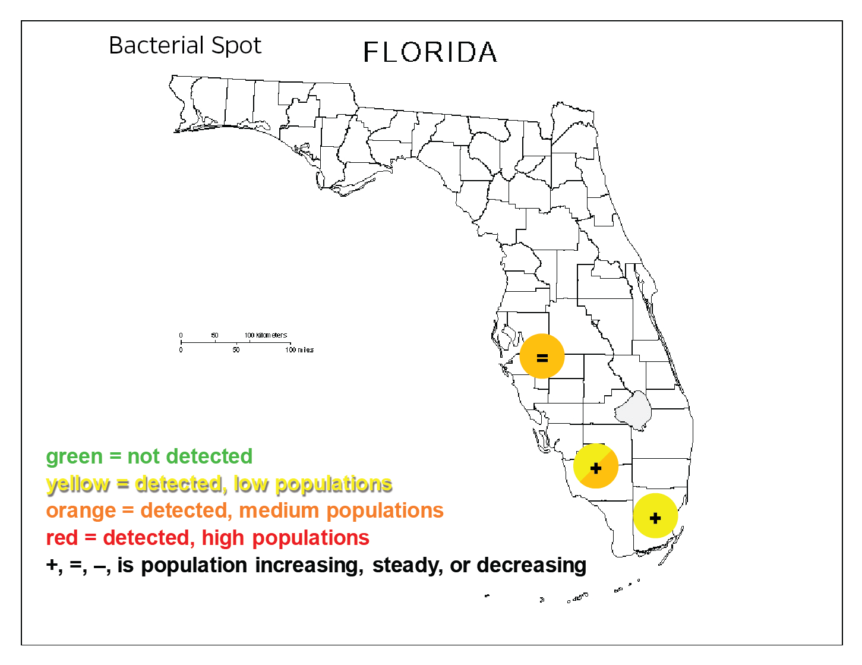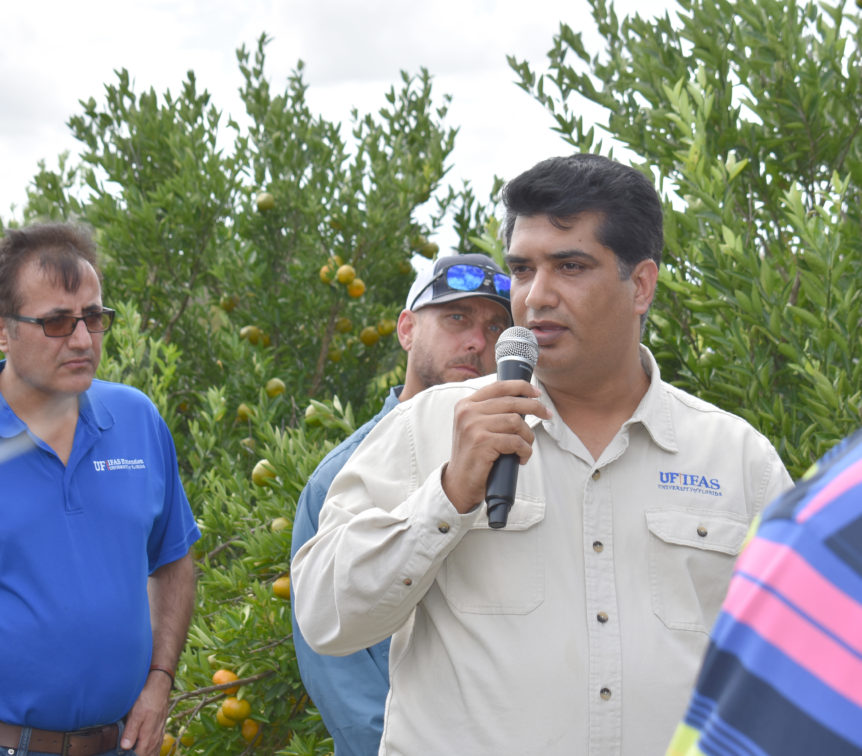Living with huanglongbing (HLB) disease (citrus greening) is a much different process for citrus growers than protecting their crop from it. Growers in the cold-hardy citrus region are currently trying to keep the devastating disease out of their area. Industry experts like Michael Rogers, University of Florida Institute of Food and Agricultural Sciences Citrus Research and Education Center director, are …
Blood Oranges May Be Option for Cold-Hardy Region
Blood oranges could provide citrus growers with another variety to grow in the cold-hardy citrus region. But further research is needed to verify its effectiveness in the Southeast, says Ali Sarkhosh, University of Florida Institute of Food and Agricultural Sciences (UF/IFAS) associate professor. “We harvested those fruit in Quincy at the North Florida Research and Education Center. We still don’t …
Planning Pointers for Cold-Hardy Citrus Production
Crop planning is an essential part of the citrus production process. What are you going to grow? Where are you going to market? How are you going to overcome HLB (huanglongbing or citrus greening)? John Chater, assistant professor at the University of Florida Institute of Food and Agricultural Sciences (UF/IFAS) Citrus Research and Education Center, discussed the different factors that …
AI Set to Supercharge Ag Research
By Frank Giles In the past year, artificial intelligence (AI) has gained worldwide attention as breakthroughs like the large-language model ChatGPT wowed users with its capabilities and nearly humanlike feel when delivering results. As the technology rapidly advances, it also has set off alarm bells for some who believe that computer technology might outpace human ability to control it in …
UGA to Hire Citrus Researchers Next Year
Georgia citrus growers will soon have research support from the University of Georgia (UGA), says Lindy Savelle, president of the Georgia Citrus Association and member of the Georgia Citrus Commission. She confirmed the news at the recent Cold Hardy Citrus Field Day at the University of Florida Institute of Food and Agricultural Sciences (UF/IFAS) North Florida Research and Education Center (NFREC) in Quincy. …
Nutsedge Management in Vegetable Plasticulture Production
By Ruby Tiwari and Ramdas Kanissery Yellow nutsedge (Cyperus esculentus) and purple nutsedge (Cyperus rotundus) are perennial weeds that resemble grass. They commonly appear in raised bed vegetable plasticulture systems every year. These weeds spread and reproduce through rhizomes, bulbs and small tubers called nutlets. Just one tuber can generate hundreds of shoots, forming a dense patch that can span …
South Florida Pest and Disease Hotline: Bacterial Spot Disease on Rise
Bacterial spot disease is on the rise in plantings in southern Florida, according to the South Florida Pest and Disease Hotline. Moderate levels of bacterial spot were reported in older plantings in central Florida. There have also been increases in bacterial spot, mostly on tomato crops, but also on susceptible pepper varieties in southwest Florida. Overall levels are normal or …
Cold-Hardy Citrus Growers Gather for Field Day
Production in the cold-hardy citrus region was under the spotlight during a recent field day in Quincy, Florida. Growers and industry leaders visited the University of Florida Institute of Food and Agricultural Sciences (UF/IFAS) North Florida Research and Education Center (NFREC) to learn about various facets of citrus production. Topics like controlled-release fertilizers, crop diversification and implementation of artificial intelligence …
Drought Impact: Northeast Florida Experiencing Dry Conditions
By Clint Thompson The lingering drought has spread across the Southeast and impacted various parts of Florida, specifically in the northeast part of the state. Bob Hochmuth, University of Florida Institute of Food and Agricultural Sciences (UF/IFAS) Regional Specialized Extension agent in Live Oak, Florida, discusses the impact the dry weather is having in his area. “We’re very dry, and …
UF/IFAS Utilizes AI for Herbicide Application
By Clint Thompson One University of Florida Institute of Food and Agricultural Sciences (UF/IFAS) researcher is using artificial intelligence (AI) to apply herbicides more efficiently. Nathan Boyd’s research will help growers to not make chemical applications where they are not needed. “We use artificial intelligence that we’ve trained to differentiate. You could train it to differentiate species. We’ve decided that’s not really …










